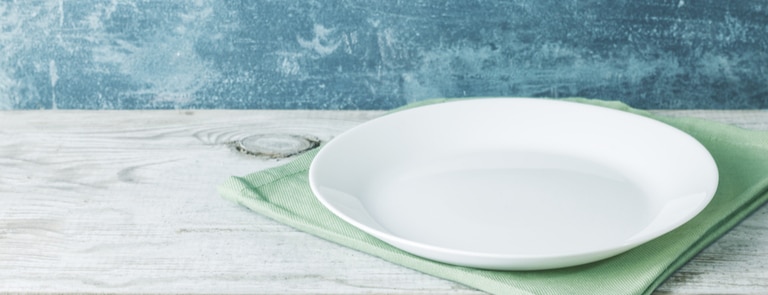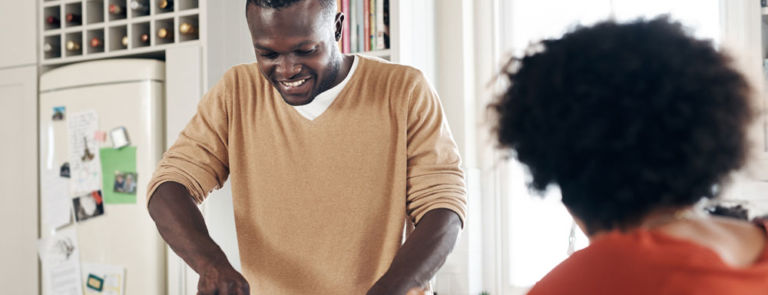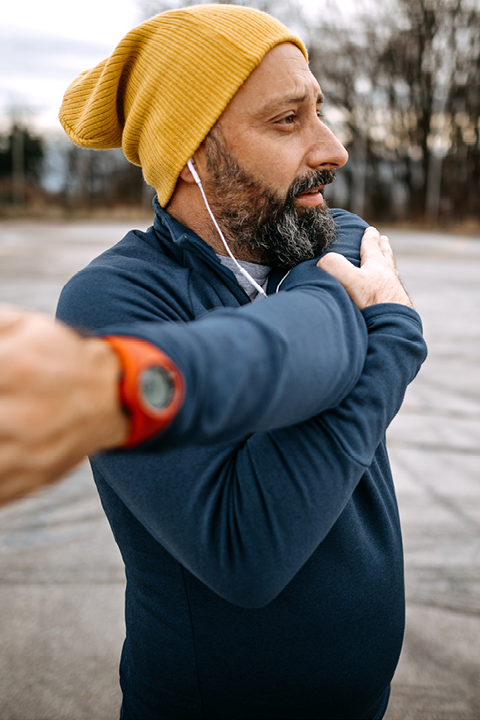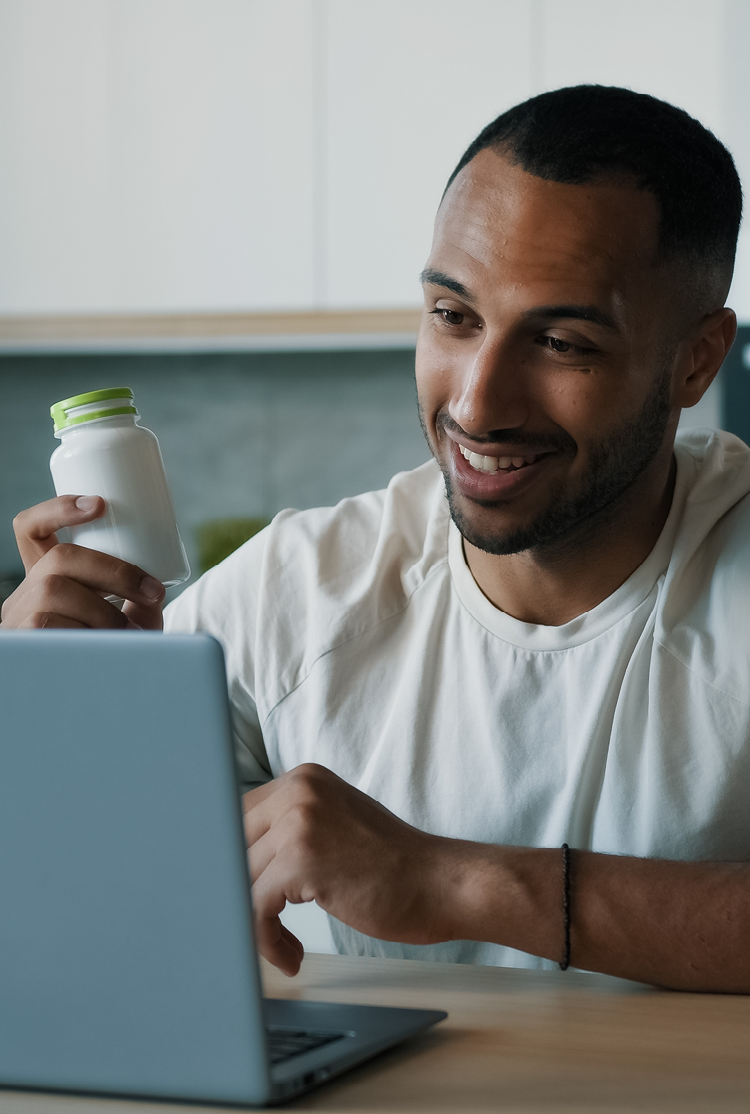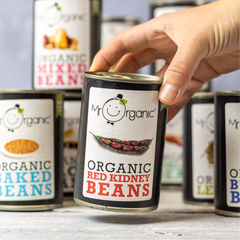B&C
|Carousel main title
Main title
Tips for travelling with IBS

Feeling anxious about travelling when you have gut issues is completely normal. We want to be chilling on the beach, without a care in the world – not worrying about having to dash to the loo or deal with uncomfortable bloating. So to help you on you travels, we’ve created this guide with tips on managing constipation, diarrhoea and bloating while you’re away.
Skip to: Intro | Symptoms | Impacts | Managing constipation | Managing diarrhoea | Managing bloating | Foods to eat | Foods to avoid
What is IBS?
Before we dive into the tips managing your IBS when travelling, we thought it best to give a brief overview of what it is, first. IBS stands for irritable bowel syndrome, which is a common condition that impacts the digestive system. It’s a chronic condition, meaning that it’s usually ongoing throughout your life and it can affect you on a regular basis.1
Also it’s worth noting that there are different types, which include:2
- IBS with constipation (IBS-C)
- IBS with diarrhoea (IBS-D)
- IBS with mixed bowel habits (IBS-M)
IBS can affect people in many different ways and the type of IBS you have will also impact the sort of symptoms you experience. But some of the most common symptoms of IBS include:3
As we said, these are the most common symptoms – but you may experience additional symptoms like:4
- Farting
- Passing mucus from your bum
- Tiredness
- Feeling sick
- Backache
- Problems weeing, like needing to wee often, sudden urges to wee, and feeling like you cannot fully empty your bladder
- Sometimes not being able to control when you poo
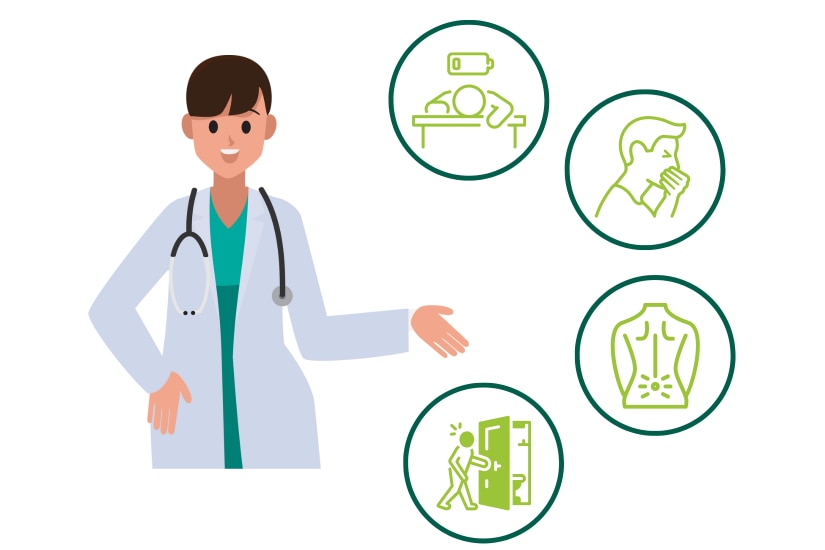

How does IBS impact lifestyle?
If you struggle with IBS on a daily basis, you’re not alone. Experiencing the symptoms that we listed above can leave you feeling frustrated and fed up, which can then have a knock-on effect on your relationships, career and social life. It can also have an impact on your plans, whether that’s a big event or a holiday, which is why we wrote this article. Find out more about how to manage IBS when away, below…
Handpicked content: How to deal with IBS & relationships
Can IBS be worse when travelling?
Firstly, you might be wondering whether IBS can actually be worse while you’re travelling. The last thing you want when you’re trying to enjoy your holiday or trip away is your gut playing up. And while frustrating, it’s certainly possible.
For example, things like stress can trigger IBS flare ups, due to the link between the gut and the brain.5 And we all know that even the best holidays can have their moments of stress! Also, eating new foods that you’re not used to, or not eating the same amounts of fruit and veg may cause some gut disruption.
How to manage constipation away from home
Worried about being constipated while away? That’s totally understandable, as the side effects that come with it, like bloating, stomach ache and feeling sick, could have an impact on your enjoyment.6
So, what can you do to manage constipation while you’re away? Generally speaking, you can usually manage constipation by making simple changes to your lifestyle and diet. To keep constipation at bay, it’s worth trying to:7
- Drink plenty of fluids throughout each day to make your poo softer
- Eat lots of fruits and vegetables as they contain fibre
- Be more active and avoid spending long periods of time sitting or lying down
- Go to the toilet when you need to, and not ignore the urge
- Stick to your usual diet and daily routine
- Manage your stress levels
- Using a laxative if your diet and lifestyle changes aren’t making a difference
How to manage diarrhoea away from home
Equally, worrying about diarrhoea while you’re trying to relax on the beach or explore a city is not ideal. Again, with the right advice, you can usually manage it by yourself. So, here’s what to do when it comes to avoiding diarrhoea while on holiday:8,9,10
- Try to keep stress at bay, as this may cause flare ups
- Stick to foods that you know don’t trigger you
- Drink plenty of fluids so you’re not dehydrated
- Try to avoid fruit juice or fizzy drinks
- Make yourself aware of the loos in case you feel the urge
- Try to avoid potentially unsafe tap water and undercooked food
- Pack medication like loperamide just in case you need it
How to manage bloating away from home
Want to know how to manage bloating specifically when you’re away? Fortunately, there are a few different things you can do to try and reduce bloating while on holiday. These include:11
- Try to exercise regular to help with your digestion
- Chew your food with your mouth closed, as this helps to prevent you from swallowing air
- Stay hydrated
- Eat high fibre foods (if you’re constipated)
- Eat smaller, more frequent meals instead of fewer, larger ones
- Massage your stomach from right to left to help release trapped wind
Best food to eat for IBS
Of course, everyone can be triggered by different foods and drinks. But the NHS do recommend certain foods for IBS with constipation and IBS with diarrhoea, check them out below.
For diarrhoea:13
Opt for lower fibre food options to begin with and choose foods like white bread and white rice instead.
Food to avoid or reduce your intake of
- Fizzy drinks14
- Alcohol14
- Caffeinated drinks14
- Rich or fatty/fried foods including chips, fast foods, ready meals and sauces, pies, samosas, batter, cheese, pizza, spring rolls, creamy sauces, snacks such as crisps, chocolate, cake and biscuits, spreads and cooking oils, and fatty meats such as burgers and sausages14
- Limit fresh fruit to three portions per day14
The final say
Remember, the symptoms of IBS can sometimes be caused by other things, so it’s always important to go and speak to your GP so they can provide you with the right information and guidance. If you do already have an IBS diagnosis, we hope you found our article useful and be sure to use these tips to try and have a gut-happy holiday!
1. https://www.nhs.uk/conditions/irritable-bowel-syndrome-ibs/
3. https://www.nhs.uk/conditions/irritable-bowel-syndrome-ibs/symptoms/
4. https://www.nhs.uk/conditions/irritable-bowel-syndrome-ibs/symptoms/
5. https://www.ncbi.nlm.nih.gov/pmc/articles/PMC4202343/
7. https://www.nhs.uk/conditions/constipation/
10. https://www.nhs.uk/conditions/diarrhoea-and-vomiting/
11. https://www.nhs.uk/conditions/bloating/
12. https://www.nhs.uk/conditions/irritable-bowel-syndrome-ibs/diet-lifestyle-and-medicines/
13. https://www.bda.uk.com/resource/irritable-bowel-syndrome-diet.html
14. https://www.nhs.uk/conditions/irritable-bowel-syndrome-ibs/diet-lifestyle-and-medicines/
